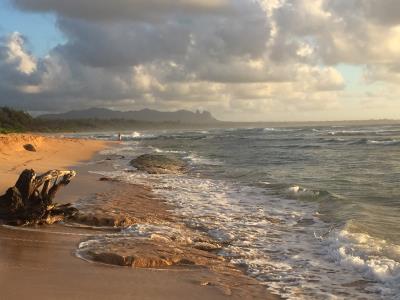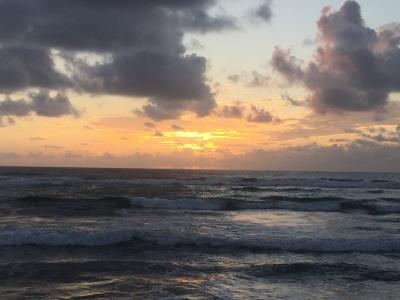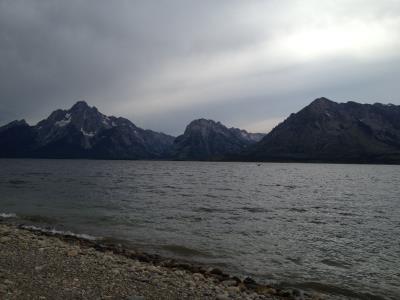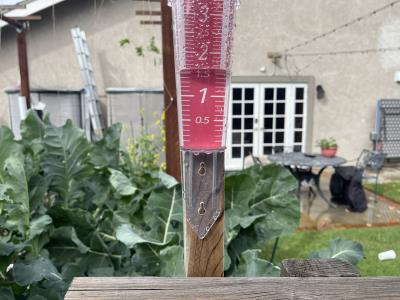




Hanford Reach National Monument – Image Gallery










Hanford Reach National Monument
The Hanford Reach National Monument is a protected area along the Columbia River in Washington, known for its diverse wildlife and cultural significance.
Details
Hanford Reach National Monument
The Hanford Reach National Monument is located in Washington state and covers approximately 195,000 acres along the Columbia River. It is one of the last remaining untouched stretches of the Columbia River in the United States and is home to a diverse range of plant and animal species.
Features:
- Wildlife: The monument is home to a variety of wildlife, including bald eagles, golden eagles, mule deer, coyotes, and more. It is also an important habitat for endangered species such as the white sturgeon and the western pond turtle.
- Flora: The area is characterized by shrub-steppe vegetation, with sagebrush, grasses, and wildflowers dominating the landscape. Cottonwood trees line the banks of the Columbia River, providing habitat for a variety of bird species.
- Archaeological sites: The monument contains numerous archaeological sites that provide insight into the history of the region, including Native American petroglyphs and old homesteads.
- Recreation: Visitors to the monument can enjoy a variety of recreational activities, including hiking, fishing, birdwatching, and wildlife viewing. There are also designated camping areas for those looking to spend more time exploring the area.
Ecological Significance:
The Hanford Reach National Monument plays a crucial role in preserving the natural ecosystem of the Columbia River and providing habitat for a wide range of plant and animal species. The area is also important for its cultural significance, as it contains archaeological sites that offer a glimpse into the history of the region.
By protecting the Hanford Reach National Monument, we are ensuring that future generations will be able to enjoy and learn from this unique and valuable landscape.
Hanford Reach National Monument
Points of Interest
Points of Interest in Hanford Reach National Monument
- White Bluffs: These towering white cliffs rise over 600 feet above the Columbia River and offer breathtaking views of the surrounding landscape.
- Rattlesnake Mountain: This iconic peak is a prominent feature of the monument and provides excellent hiking opportunities for visitors.
- Columbia River: The river runs through the monument, offering opportunities for boating, fishing, and wildlife viewing.
- Historic Hanford Townsite: This area was once a bustling town that supported the nearby Hanford Nuclear Reservation. Today, visitors can explore the remnants of the town and learn about its history.
- McNary National Wildlife Refuge: This adjacent refuge is home to a variety of bird species, making it a popular spot for birdwatching.
- Wahluke Slope: This area features unique geological formations and is home to a variety of plant and animal species.
- Ringold Fish Hatchery: Visitors can learn about the process of fish hatchery and see various species of fish being raised before being released into the Columbia River.
Hanford Reach National Monument – Images

Description: Flussschleife des Columbia River im Hanford Reach National Monument im Süden des US-Bundesstaates Washington in den Vereinigten Staaten
Image by USFWS - Pacific Region – Public domain – Wikimedia

Description: The Columbia River at the Hanford Reach from the top of White Bluffs north of the Tri-Cities in Washington.
Image by DJ Cane – CC BY-SA 4.0 – Wikimedia

Description: Sand dunes in Hanford Reach National Monument, Washington. This sand is from wind blown landslide deposits a few miles away.
Image by DJ Cane – CC BY-SA 4.0 – Wikimedia

Description: View of the Hanford site from Rattlesnake Mountain. See also : Galerie de photos de paysages, faune, flore du Hanford Reach national Monument ; Gouvernement des Etats unis (FWS)
Image by USGov-DOE ( work of the U.S. federal government) – Public domain – Wikimedia

Description: Columbia River in Hanford Reach National Monument, Washington
Image by DOE photo – Public domain – Wikimedia

Description: Shrub-Steppe (mostly big sagebrush and bluebunch wheatgrass) on the Rattlesnake Ridge in eastern Washington state, looking out to Cold Creek Valley, in Hanford Reach National Monument.
Image by DOE photo – Public domain – Wikimedia

Description: Columbia River in Hanford Reach National Monument, Washington, USA
Image by FWS Photo – Public domain – Wikimedia
Search
Quick Links
New Blog SystemNational Parks (NEW)
National Forests (NEW)
National Monuments (NEW)
National Recreation Areas
State Parks
Bureau of Land Management (BLM) Areas
Wilderness Areas (NEW)
By The Numbers (NEW)
- Populations of all Countries (NEW)
Ideas - Stock Tickers
Running USA Debt Total


